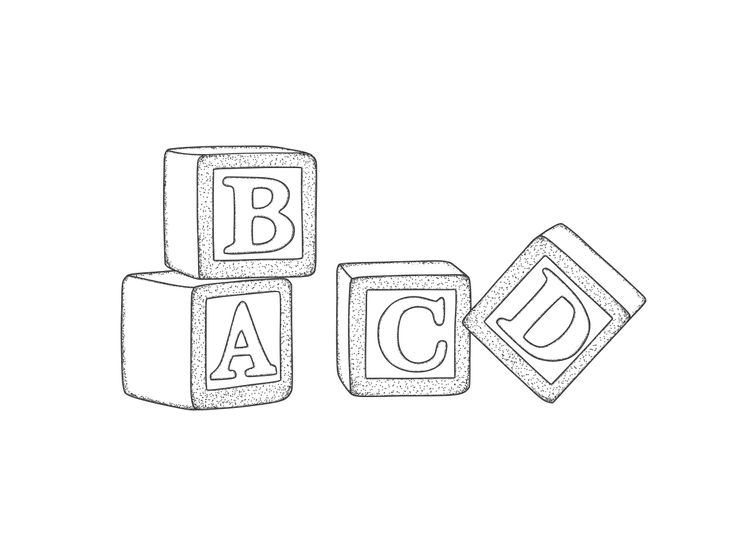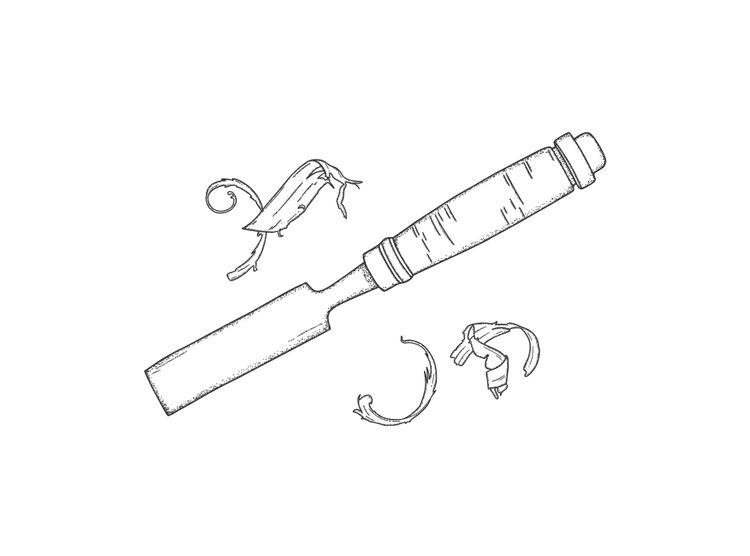Acceptance

In acceptance we acknowledge what is—the past we cannot change; the future we cannot control; the reality in front of us; the needs inside us; the parts of us we hide, even from ourselves.
In acceptance we take responsibility for engaging with the world—not with a fantasy of what we want it to be, but with how it is, its true nature. In acceptance, we take responsibility for ourselves. We reclaim the unloved parts of us that we have exiled. We let them know that they belong.
In acceptance we take responsibility for our needs—for the nourishment and care of our bodies; for family and community; for healthy contact with the world; for tending to our pain and suffering; for taking care of ourselves when we are depleted; for what we long for; for what matters most to us; for how we must live our lives.
Acceptance is bold. It challenges us. It precipitates change and action. It returns to us the energy we waste on anger and avoidance. We make ourselves whole. We live our true nature. We stop coercing change, and become it.
Change occurs when one becomes what he is, not when he tries to become what he is not. Change does not take place through a coercive attempt by the individual or by another person to change him, but it does take place if one takes the time and effort to be what he is—to be fully invested in his current positions. By rejecting the role of change agent, we make meaningful and orderly change possible.
Arnold Beisser, The Paradoxical Theory of Change, 1970.
I have begun to wonder whether what is true for individuals might also be true for organizations—that change occurs when they become what they are, not when they try to become what they are not, and that coercive efforts at change fail because they meet with equal quantities of resistance.
What might it mean for an organization to accept itself and become what it actually is? Take the dysfunction that often arises between sales, marketing and technology departments. (I spent my corporate career inhabiting this space, and do most of my consulting work there today.) Marketing and sales need speed, flexibility and innovation. Technology needs scalability, reliability and security. Each pursues their goals independently of each other, and experiences frustration and resistance.
Change agents do not change anything if they pursue one set of needs at the expense of another. What the organization needs is acceptance—of all of its legitimate needs. A good start on the path to change: get all parties together to share their goals and better understand each other. Better still, build teams that combine marketing, sales and technology together, and let them figure it out.
Bruno Di Leo, IBM's former head of sales, once told me how he fixed a complex and urgent problem with sales fulfillment in China. He got everyone who might be needed into one room in Beijing, put speaker phones in the room, and told the sellers to call the phones when things broke. Brilliant!
For the longest time, I struggled to accept the petulant, sulky part of me—the part that withheld love and even basic communication from those closest to me when I felt hurt or rejected, the part that had learned as a child that this was how I found safety and belonging. When I got called on my behavior, I would become angry. I later learned to label this part of me my "victim". It made the self hatred worse. Victims were weak and pathetic. How could I behave so childishly? The anger was protecting me from a shame that had to be hidden, even from myself.
Later, I came to understand my "victim" as the little boy who lives on inside me, abandoned, hurt and scared. In conversations with my coach, I started calling him "my little boy". "You have no business throwing your little boy out into the world," she admonished me one day. "He doesn't belong there. He belongs inside you. It's your responsibility to protect him."
The pain and hurt is still there. I feel it now, as I write this. I feel more deeply in touch with it than I have ever been. I take better care of it. And there is much less anger and shame.
We cannot begin to accept the parts of ourselves we are not conscious of. How do we know where and when to start looking? Anger can be a clue. Try this. When you find yourself becoming angry—at others, at a situation, at yourself—ask yourself what might be underneath your anger. There is always something there. It might just be an exiled, shameful part of you that wants your love.
The psychological rule says that when an inner situation is not made conscious, it happens outside, as fate. That is to say, when the individual remains undivided and does not become conscious of his inner opposite, the world must perforce act out the conflict and be torn into opposing halves.
Carl Jung, Aion: Researches into the Phenomenology of the Self, 1951.
Each week I explore a life metaphor that has touched me in my coaching. Subscribe to get my scribblings every Sunday morning. You can also follow me on Medium, or on LinkedIn. Feel free to forward this to a friend, colleague, or loved one, or anyone you think might benefit from reading it.





